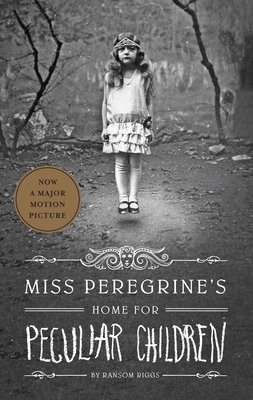You may recall that in one of my previous blogs, I mentioned talking with writers about writing as one of the best things about a writing workshop at Nimrod. Although not as interactive, there are lots of ways to get inside writers’ heads.
A writing friend sent me this link to a New York Times opinion piece by Stephen King on the question of whether a novelist can be too productive.
His short answer is that how much you write (publish) isn’t a reflection of how well you write. But there are many paragraphs of well-crafted opinion that are well worth reading. Of course, you already know that Stephen King wrote one of my favorite books on writing.
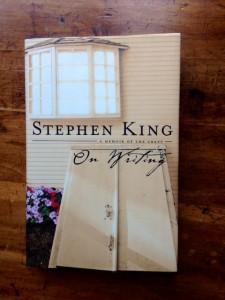
On Saturday, August 29, NPR’s Scott Simon interviewed Ursula Le Guin on Weekend Edition. Among other things, she talked about the effect of aging on her writing. She is 85. It’s well worth a listen.
If you are a magazine person, there are many places to get insights about and from writers. Two of the most popular are Poets & Writers and Writer’s Digest.
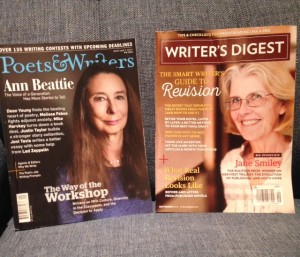
If you are more of a book person, especially if you are focused on mystery writing, you might consider Talking About Detective Fiction by P.D. James. (You can also read “Mystery Writing” Lessons on her website.) Or these.
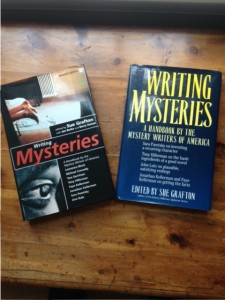
There are many books by writers about writing, both classic and modern.
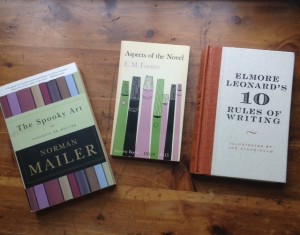
One of my favorite bits is one of Elmore Leonard‘s rules: Leave out the parts the reader is going to skip anyway. It doesn’t get much better than that.
Related Posts
Books for Writers: Deborah Tannen
Dictionary of American Regional English
Writing Life: Exercise Improves Creativity
Psychology For Writers series
The Principle of Least Interest
Why Women Have Sex: Character Motivation Matters
Rational and Irrational Behavior in Your Characters: Guest Post on Thrill Writers
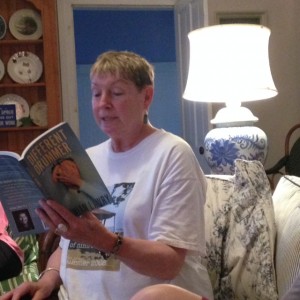

 A while back on Facebook
A while back on Facebook